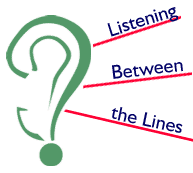|
|
While the U.S. government looked away, southern states limited voting to white men. Black and White novelists wrote of heroism and tragedy; and a curtain of silence came down. Seventy-three years later Wilmingtonians were haunted by several weeks racial of violence, but it took a century for them to look back at what they'd become in the state of Jesse Helms. Democracy’s Denial uses oral histories and documented eyewitness accounts to explore Wilmington's story in economic, political and sexual context, including the memoirs of at least four participants in the events of 1898, read by their direct descendants. It looks at the town's struggle to repair its battered sense of community through public forums and partnerships, and raise questions about what happened, why and how it affects us today. Production was supported by the Southern Humanities Media Fund, the North Carolina Humanities Council and the Fund for Investigative Journalism.
|
|
|
|
|
|
|
WE RECOMMEND THESE SEGMENTS FOR TOPICAL DISCUSSIONS ON:
See FORUMS for more discussion-prompts and two actual discussions facilitated by Listening Between the Lines and public/community radio station WHQR.
|
|
|
||||||||||||||||||||||||||||||||||||||||||||||||||||||||||||
|
|
|||||||||||||||||||||||||||||||||||||||||||||||||||||||||||||||||||||



